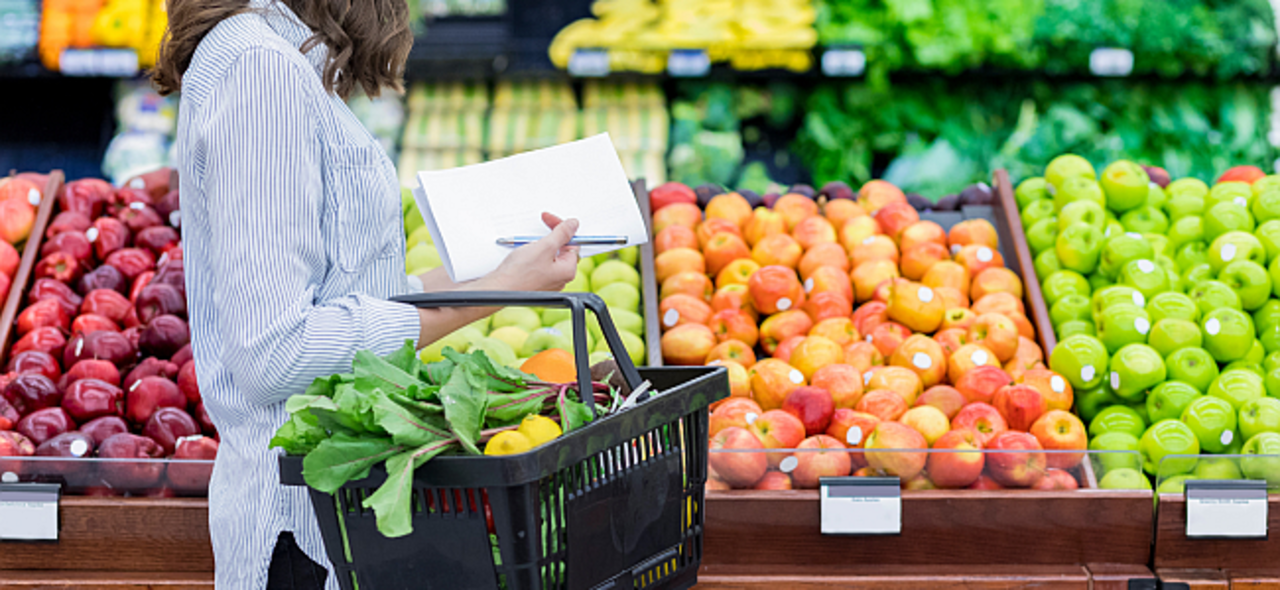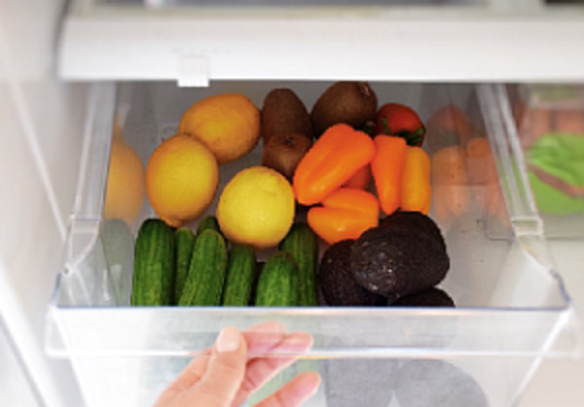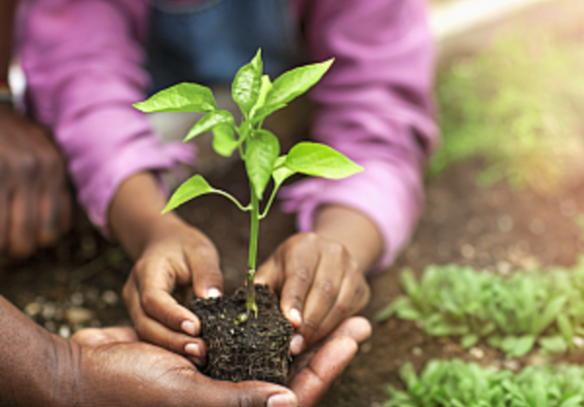Tackling Food Waste
Up to 35% of America’s food goes unsold or unused every year. While the issue of food waste is far-reaching, the good news is that there are economic, environmentally friendly, and socially responsible practices that you can bring to your own kitchen to help wipe out waste.
We spoke with Kelly McCourt, Enterprise Sustainability Manager, who works with the food waste reduction pros—our chefs and food production managers—who are discovering new waste reduction strategies and preventing millions of pounds of food waste each year. Give these tips below a try.
Map Out Your Meals
When you open the fridge, how often do you find yourself throwing out moldy vegetables and stale takeout? By planning your meals—and only buying the groceries you know you’ll need—you’ll save time and money while shrinking your family’s overall impact.
Food Label Surprises
Sell By. Best If Used Before. Use By. Freeze By. If you don’t understand the distinctions between date messages on labels, it can be easy to throw away groceries prematurely. Many are surprised to learn that these dates usually indicate peak quality but not necessarily safety limits, says Kelly (pictured). As long as you don’t see any signs of spoilage, your food is likely just fine to eat.
Scraps Into Soil
Did you know that anything that was once living is probably compostable? Composting is a win-win: it breaks down food waste into soil that can be used in a lawn or garden. You can create a home composting system indoors or outdoors and set a great example of environmental responsibility for your household and community.
Note: Since everyone’s health history and nutritional needs are so different, please make sure that you talk with your doctor and a registered dietitian to get advice about the diet and exercise plan that‘s right for you.




